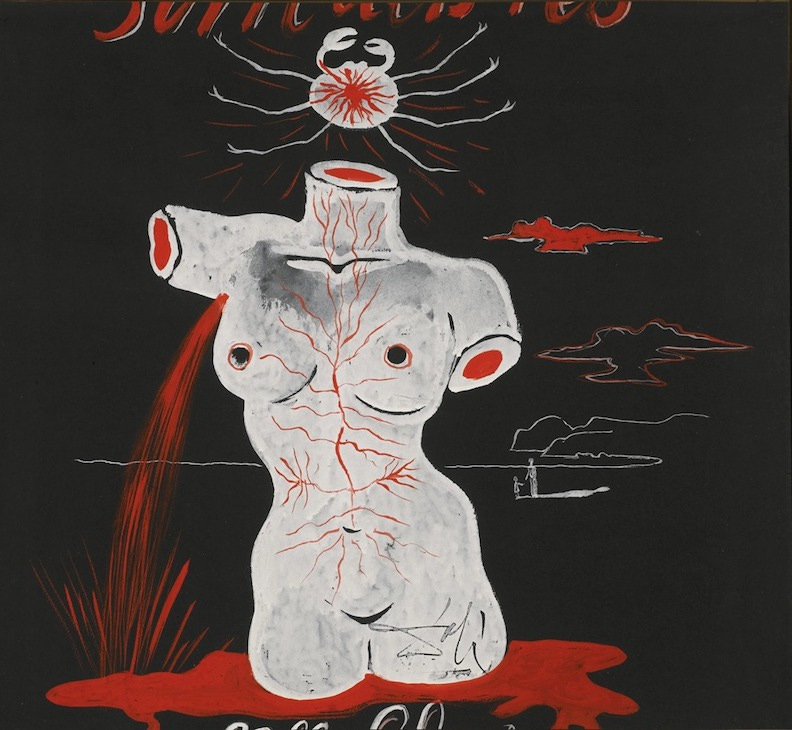Corruption is Baked Into the Alcohol Industry
Federal Investigations and Lawsuits into Souther Glazers Not the only response
According to reporting by Politico, the Federal Trade Commission (FTC) is engaged in a wide-ranging investigation of whether Southern-Glazers, the largest distributor of wines and spirits in America and operating in 44 states, is operating in an anti-competitive manner.
Let me just initially observe that as long as Southern-Glazers is being protected from competition by various state legal mandates that producers MUST sell only to wholesalers and retailers may only buy from wholesalers, and as long as Southern-Glazers controls the distribution of more than 7,000 wine and spirit brands, and as long as Southern Glazers contributes $7 million dollars to political campaigns since 2015, anti-competitive behavior is baked into the cake.
For years, producers and retailers of wine, beer, and spirits have noted that laws banning direct-to-consumer shipping are protectionist and shield wholesalers from legitimate competition in the movement of alcohol products to the ultimate consumers. It needs to be noted that the three-tier system, with its mandate the wholesalers be used by the other two tiers, is the most anti-competitive and protectionist measure in place within the alcohol beverage industry.
According to the Politico article, the FTC is investigating Southern Glazers for:
-”Possible violations of the Robinson-Patman Act, a 1936 law prohibiting suppliers from offering better prices to large retailers at the expense of their smaller competitors, according to the people.”
-Potentially engaging in unfair business practices
-Potentially engaging in deceptive business practices
-Potentially engaging in anti-competitive business practices
-Potential pricing and benefits the wholesaler gives to retailers, not limited to rebates, warehousing services, discounts based on quantity purchases, marketing services, and promotions.
According to the Politico article, the FTC is also asking “how Southern Glazer allocates wine and alcohol between different retailers, including whether and how it limits distribution to certain customers.”
Clearly, the FTC is undertaking a wide-ranging investigation and focused on the overall competitive landscape of an alcohol distribution system based on the three-tier system.
It should be noted that it is not merely the FTC that has turned its eye toward Southern Glazers and the anti-competitive aspects of the alcohol distribution system.
Recall that in California a number of retailers have filed a class action lawsuit against Southern-Glazers claiming many of the same abuses the FTC is allegedly investigating.
Also, recall that last November, agents from the Internal Revenue Service and the federal Alcohol and Tobacco Tax and Trade Bureau raided the offices of Southern Glazers in California.
Also, note that a year ago, Provi—a successful online wholesale order-taking platform—filed a lawsuit against Southern Glazers claiming anti-trust violations by the wholesalers.
We don’t know what the outcomes will be of the various actions outlined above or of the alleged FTC investigation into Southern-Glazers. But we do know a single, fundamental fact about how all these accusations could be true:
The three-tier system with its mandate that wholesalers must be used by both producers and retailers, combined with the near-monopoly power of Southern Glazers with its 7,000 brands, anti-competitive behavior is baked into the American alcohol distribution system and the only solution is to change that system to allow producers to have access to other distribution channels such as self-distribution—and this includes self-distribution for the largest brands.
When one or two (RNDC) companies control upwards of $40 billion worth of wine and spirits distribution in America revolving around upwards of 10,000 different brands, retailers, in particular, are subjected to coercion by the very nature of the system, and the system’s largest players controlling the distribution landscape. When retailers are forced by the three-tier system to use a single wholesaler in order to satisfy the demands of the marketplace, a power differential of such magnitude is created that retailers find themselves at the mercy of a broken system that coerces them into using companies that have near complete control over their operations.
Right now the response to conditions created by an antiquated and archaic alcohol distribution system is investigations and lawsuits. But there is another response that is at least as reasonable as lawsuits and investigations:
Producers large and small, brewers, distillers, wineries, importers, and America’s wine and spirit retailers must consider banding together in states to challenge the continuation of the three-tier system. They must devise changes to the laws, educate lawmakers and introduce bills into state legislatures that allow producers to go around wholesalers and sell directly to retailers. Until this happens, America’s largest wholesalers will continue to hold sway over vast swaths of the alcohol industry, retarding its growth and diminishing innovation.




